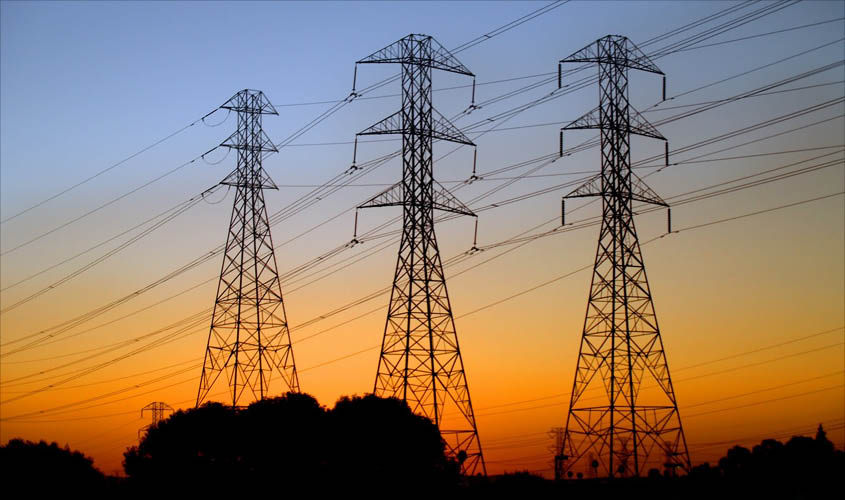The reformist Bill is likely to be tabled in the winter session of Parliament next month.
Employees of state electricity departments from all over the country have crossed swords with the Union Ministry of Power which has come out with a revised draft of the Electricity Amendment Bill, enabling the consumers to switch their power suppliers as they do for telecom services. The reformist Bill is likely to be tabled in the winter session of Parliament next month.
All India Power Engineers’ Federation (AIPEF), with over 15 lakh membership, has threatened to go on strike on 8 and 9 January next year against the Centre’s move. The federation has termed the changes proposed in the Bill as a matter of serious concern as this, according to it, will concentrate all powers in the electricity sector in the hands of the Centre and eventually lead to complete privatisation of power distribution in India.
The Electricity Amendment Bill, 2014, was introduced in Lok Sabha in December to amend its 2003 precursor and was subsequently referred to the Parliamentary Standing Committee on Energy. The committee gave its report in September 2015. The revised Bill is now circulated on the basis of recommendations of the committee and consultations. The ministry has sought comments on the revised draft, which seeks to separate carriage and content businesses.
The Bill provides for more than one service operator to supply power to a consumer in one distribution area. This, the government hopes, will give consumers an option of changing their power supplying company or utility based on their service efficiency.
The AIPEF has submitted its comments on the Bill to Union Minister of State for Power, R.K. Singh, demanding that the revised draft be sent back to the committee and the federation be given a hearing to present its viewpoint. It has also urged that the states should be allowed to give their views before the committee as electricity is a concurrent subject.
Speaking to The Sunday Guardian, federation chairman Shailendra Dubey alleged that the changes in the draft Bill have been proposed to pave the way for privatisation of the power sector, wherein supply licensees will be mostly from the private sector who will get assured profit by way of guaranteed return on capital employed and by stipulating that they will get their expenses covered without revenue gap. “The changes in tariff have been proposed to encourage privatisation and ensure guaranteed profits to private parties,” he added.
He said that when most of the state distribution companies (discoms) in the country are in financial distress, this is not the time to introduce changes by way of separating supply and distribution functions. It will make the crisis even worse, he said.
The Bill provides for “Smart Grid” which is an electricity network that uses information and communication technology to gather information and act in an automated manner to improve the efficiency, reliability, economics and sustainability of generation, transmission and distribution of electricity.
The Bill makes for a case of 24×7 power supplies and provides for strict penalties for non-compliance, theft and other offences. In some cases, the penalty has been increased from Rs 1 lakh to Rs 1 crore. It also provides for renewable purchase obligation under which the “polluter pays” principle applies.

